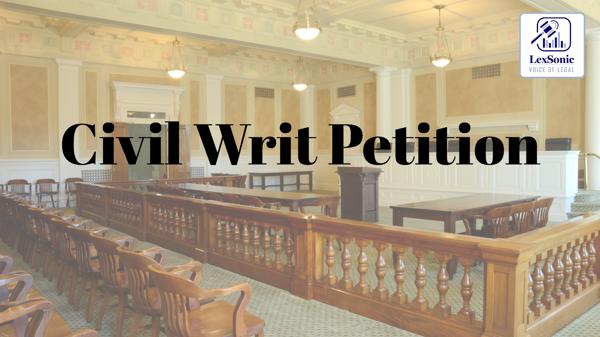Student's MDS Admission Secured: High Court Quashes DCI Discharge Orders Citing Technical Glitch.
24 July 2025
Civil Writ Petition >> Civil & Consumer Law
In a significant ruling of The Vice President, Somaiya Trust & Another v/s Dr. Pradnya & Others, the High Court has sided with a student and a dental college, setting aside communications from the Dental Council of India (DCI) that threatened to discharge the student from her M.D.S. course due to a technical snag in uploading admission documents. The Court emphasized that a meritorious student should not suffer for circumstances beyond their control.
The case involved two writ petitions: one filed by the student and another by Rural Dental College at Loni, District – Ahilyanagar. The core of the dispute revolved around the admission of a student to an M.D.S. in Oral Medicine and Radiology program. The DCI, through impugned communications dated December 2, 2024, and December 18, 2024, had directed the college to discharge the student, citing a failure to upload admission details by the stipulated deadline of midnight on October 25, 2024. The DCI had also threatened action against the college under Sections 10-B and 16-A of the Dentists Act, 1948.

Background of the Case:
The student, after completing her undergraduate dentistry course, appeared for the NEET-MDS Counselling – 2024 and secured admission to a stray vacancy at the Rural Dental College. Crucially, the Medical Counselling Committee (MCC), Director General of Health Services, Ministry of Health and Family Welfare, Government of India, issued a provisional admission letter to the student on October 24, 2024, at 10:41 AM, confirming her eligibility on merit.
Upon receiving the provisional admission letter, the student promptly approached the Dental College on October 24, 2024. The college verified all her documents, secured necessary undertakings and affidavits, and the student paid the entire fees, including tuition, eligibility, and other charges, through online payment on the same day. The student also joined the college and commenced her M.D.S. studies on October 24, 2024.
The Connectivity Conundrum:
The dispute arose because, as per a DCI circular dated October 16, 2024, dental colleges were required to upload all admission documents by midnight of October 25, 2024. The Dental College contended that due to heavy rainfall and a resultant lack of internet connectivity in its rural location, it was unable to upload the documents within the stipulated time. Evidence presented, including a screenshot, supported the college's claim of failed upload attempts on October 25, 2024, at 6:30 PM.
Immediately after the deadline, on October 26, 2024, the Dental College sent a written communication to the DCI, explaining the connectivity issue and confirming the student's admission. They also sought permission to upload the documents. This was followed by another communication on November 21, 2024, reiterating the request. However, in response, the DCI issued the impugned communications, directing the student's discharge.
Court's Observations and Verdict:
The High Court meticulously reviewed the documents and the sequence of events. It found that the student was not at fault as she had secured admission on merit and completed all necessary formalities, including fee payment and joining the college, by October 24, 2024. The act of uploading documents was solely within the college's purview, over which the student had no control.
The Court also acknowledged the genuine difficulty faced by the Dental College due to lack of connectivity, substantiated by the provided screenshot and immediate communication to the DCI. The Court highlighted the college's "bona fides" in promptly informing the DCI about the situation.
Crucially, the Court referenced the Supreme Court's judgment in Asha v. Pt. B.D. Sharma University of Health Sciences and others, which states that a cut-off date should not operate as a bar to admission for meritorious candidates when no fault is attributable to them, especially if it would ruin their professional career. Applying this principle, the High Court concluded that forcing the student's discharge at this stage would irreparably harm her academic future, despite her undeniably meritorious admission.
The Court dismissed the DCI's reliance on the Guru Nanak Dev University v. Saumil Garg case, stating that in the unique circumstances of the present case, allowing the petitions would be in the interest of justice and not an act of "misplaced sympathy."
Furthermore, the Court held that since neither the student nor the Dental College could be held at fault for deliberately violating the DCI circular, the proposed punitive actions against the college under Sections 10-B and 16-A of the Dentists Act, 1948, were not justified.
Outcome:
Consequently, the High Court partially allowed both writ petitions. It quashed and set aside the DCI's impugned communications dated December 2, 2024, and December 18, 2024. The DCI has been directed to approve the student's admission in the M.D.S. course with effect from October 24, 2024, for the academic year 2024-25.
This ruling brings much-needed relief to the student and the dental college, reinforcing the principle that procedural technicalities should not override substantive justice, especially when genuine difficulties prevent compliance.
